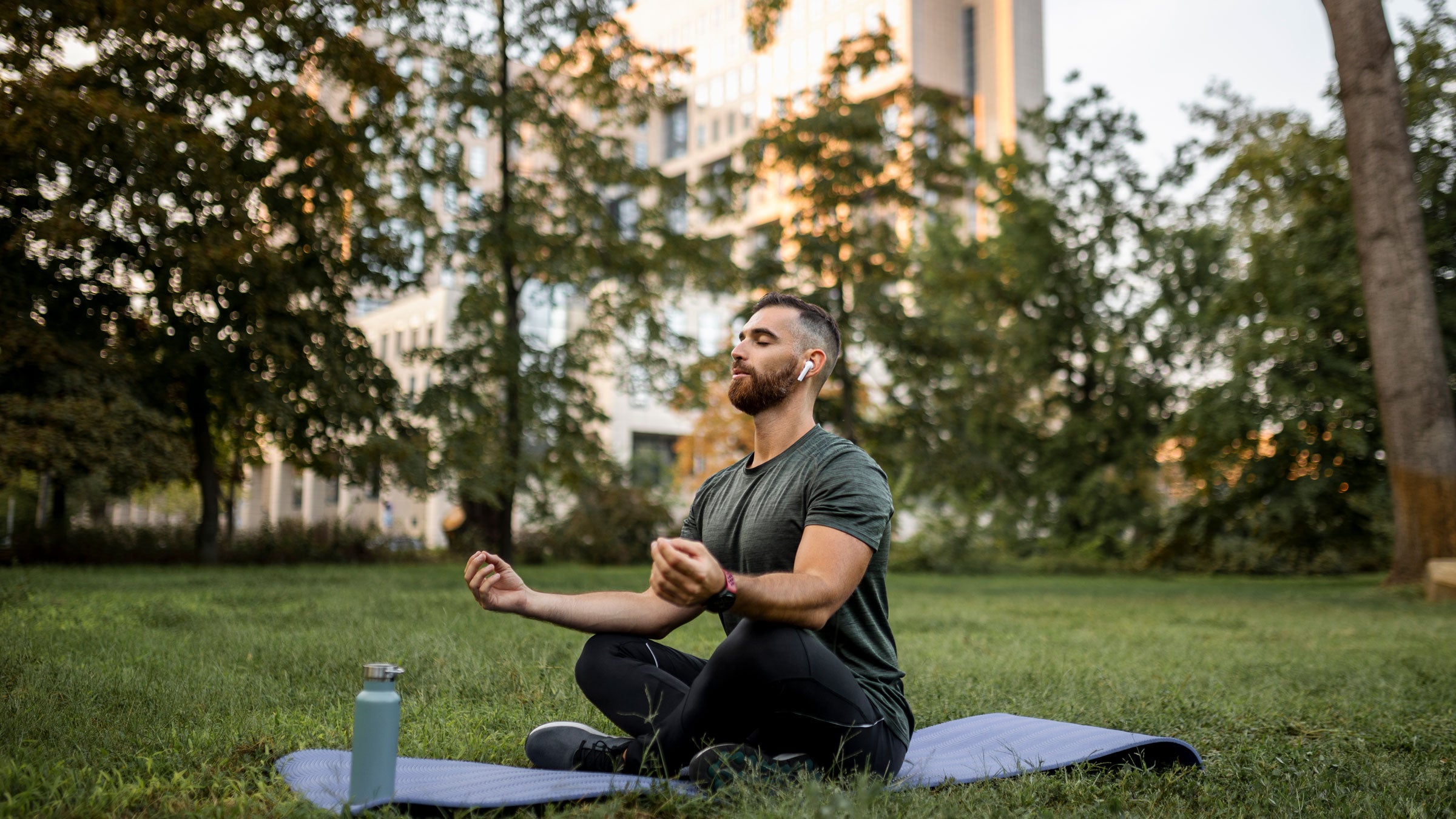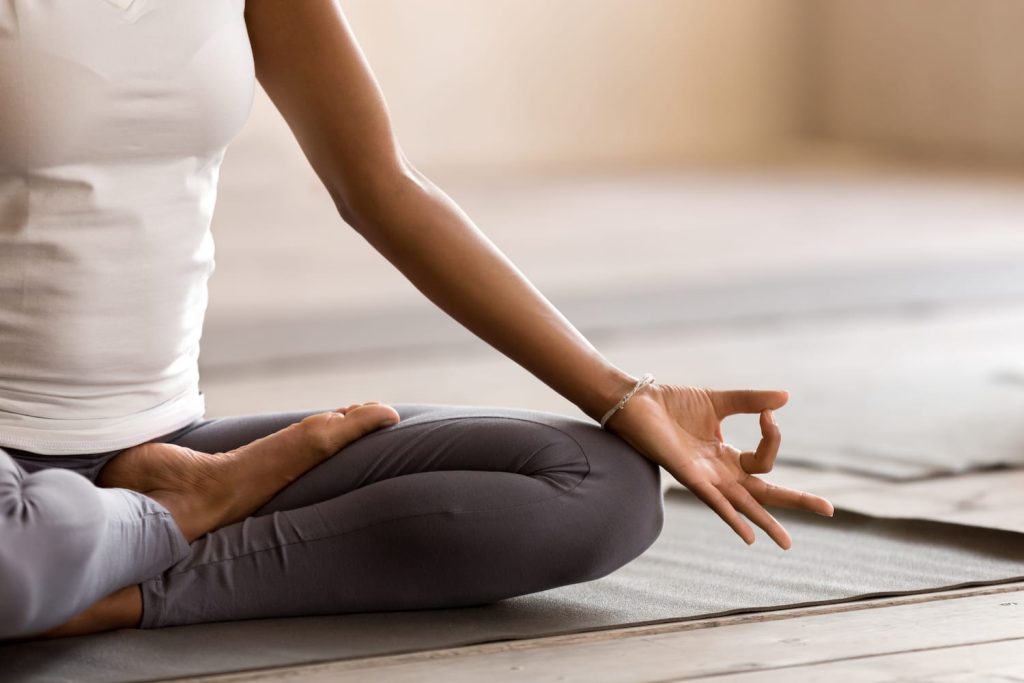Bath Meditation Techniques Reduce Stress Boost Mental Health

Entering a State of Calm
In an increasingly fast-paced world, finding moments of serenity is essential for maintaining mental health. Shower meditation offers a unique approach to mindfulness, transforming an ordinary routine into a sanctuary for the soul. This practice not only enhances relaxation but also fosters emotional well-being.
The Benefits of Shower Meditation
Incorporating meditation into your shower routine can lead to numerous benefits, such as:
- Stress reduction: The soothing sound of water can help quiet the mind.
- Enhanced focus: Focusing on your breath promotes greater clarity.
- Emotional release: Warm water can create a sense of safety, allowing emotions to surface.
This article will explore the top five shower meditation techniques that can help you embrace tranquility, reduce stress, and promote a healthier mindset. By integrating these techniques, you can cultivate a more mindful approach to daily routines.
RECOMMENDED: Check out this similar article
Top 5 Shower Meditation Techniques to Reduce Stress and Promote Mental Health
In today’s fast-paced world, finding moments of tranquility can be quite challenging. Yet, amidst the hustle and bustle, there exists one unlikely sanctuary that we often overlook—our bathroom. Shower meditation is a transformative practice that takes advantage of this private space, offering a serene retreat within the comfort of your home. With the gentle sound of water as your backdrop, this practice can help alleviate stress while significantly enhancing mental well-being. Here, we delve into the top 5 techniques, highlighting how you can harness the therapeutic potential of the shower to cultivate harmony in both body and mind.

5. Setting the Mood with Aromatherapy
Aromatherapy taps into the soul’s instinctive connection to scents, enhancing emotional and physical well-being. When combined with shower meditation, the use of natural essential oils can transform your bathing experience into a holistic healing session. Imagine stepping into a shower filled with the soothing aroma of lavender, a scent renowned for its stress-relieving qualities. The essence of eucalyptus, meanwhile, can invigorate the senses and aid in clearing congestion, making every breath feel pure and revitalizing.
To embark on this sensory journey, simply add a few drops of your selected essential oil to a cotton ball or use a diffuser that can withstand the shower’s moisture. As steam envelops the space, let the calming fragrances envelop you too, urging deep, deliberate inhalations that naturally disperse unproductive tension. Consider creating a repertoire of scents that evoke personal feelings of calm:
- Lavender: Favored for its relaxation and tranquility-enhancing properties.
- Eucalyptus: Promotes mental clarity and eases respiratory struggles.
- Peppermint: Offers an invigorating boost to awaken the mind and senses.
- Citrus: Infuses the atmosphere with uplifting and cheerful notes, brightening your mood.
This blend of scent and shower not only cleanses the body but also refreshes the spirit, making every bath a chance to reset your emotional state.
4. Visualization Techniques
Consider visualization as a potent tool in your stress management toolkit. While it may sound simplistic, conjuring images of tranquil environments can have profound legacies in terms of mental health. The strategic combination of water and visualization can transport you to a private oasis, turning an ordinary shower into an extraordinary escape.
Start by closing your eyes as the warm water envelops you. Imagine yourself on a secluded beach, where the rhythmic crash of waves acts as nature’s symphony. Visualize the warmth of the sun dancing on your skin or the gentle rustling of leaves in a peaceful forest. Captivate every sense within this mental landscape—to feel the sand underfoot, to smell the salty sea breeze or the loamy scent of earth.
Visualization can serve as a powerful anchor, removing distractions from daily life and helping you reconnect with your inner peace center. For those seeking to deepen this practice, guided imagery exercises are available through various mindfulness-focused apps or recordings, serving as an aural gateway to your most serene imaginings.
3. Mindful Breathing
The breath is a meditation tool available to us whenever needed, but in a shower setting, it takes on a heightened therapeutic impact. The act of mindful breathing can guide us toward a state of relaxation, engaging the body’s parasympathetic nervous system and encouraging a break from the “fight or flight” responses triggered by stress.
To practice mindful breathing effectively in the shower, try this simple exercise:
- Stand comfortably, close your eyes, and take a deep breath in through your nose for a count of four.
- Hold your breath momentarily, lasting another four counts.
- Exhale slowly, letting the breath escape through your mouth over six counts.
This rhythmic sequence, known as “4-4-6 breathing,” helps sync the mind with the body’s natural rhythms. It can slow a racing heart and acts as a reset button, creating a sense of calm and rootedness. Regular practice can transform moments of turmoil into times of healing and awareness.
2. Body Scan Meditation
Body scan meditation is an approach that brings deep attention to bodily sensations, offering a systematic release of accumulated tension. As the warmth of the water embraces you, it is observed that relaxation is drawn from focusing awareness on each body part individually, starting from your head and moving down to your toes.
Focus intently on each region, acknowledging its current sensation—whether it’s tension, warmth, coolness, or pain—without imparting judgment. This practice of being present in your own body serves as a powerful reminder of existing in the now. By doing so, it frees you from the clutches of what’s ahead or what’s already transpired, anchoring you firmly in the immediate experience.
This intentional release provides a unique combination of mindfulness and body awareness, lending to the therapeutic effects of your shower time. With each sweep of attention, relaxation replaces stress, washing away negativity with the flow of water.
1. Mantra Meditation
At the apex of shower meditation techniques lies mantra meditation, a focused form of practice that can cultivate profound inner peace. Mantras—phrases or words imbued with personal significance—serve as anchors to center your thoughts during meditation.
In the shower, select a mantra that resonates deeply with your intentions. Words like “calm,” “release,” or phrases such as “I am at peace” hold transformational power when repeated. The act of chanting or internally repeating these mantras, particularly against the soothing backdrop of running water, furthers emotional healing.
Let the rhythm of the water harmonize with your mantra, enveloping you in an immersive auditory cocoon. This allows distractions to dissolve, making room for a profound awareness that fosters resilience to stress. Mantra meditation, coupled with the kinetic energy of flowing water, offers a rejuvenating experience, making it a brilliant end-cap to any meditative practice.
In conclusion, these powerful techniques turn an everyday activity into a recovery session for mind and body. Whether through the evocative scents of aromatherapy or the grounding mantras of mantra meditation, shower meditation presents a unique venue for introspection and relaxation in our otherwise chaotic lives. Explore these practices, invite curiosity into your daily routines, and experience the quietude that effortlessly elevates your mental health.
| Category | Description |
|---|---|
| Mindfulness Practice | Engaging in mindfulness exercises during a shower can help shift focus from daily concerns to the present moment, reducing stress and promoting calmness. |
| Sensory Engagement | The warm water can enhance sensory awareness, allowing individuals to become attuned to various physical sensations, which aids in relieving anxiety and improves mental clarity. |
| Breathing Techniques | Practicing deep breathing while bathing not only calms the mind but also increases oxygen flow, which is beneficial for overall health and emotional stability. |
| Routine Creation | Establishing a regular bathing and meditation routine can foster a sense of stability and predictability in life, which is particularly valuable during stressful times. |
Integrating meditation techniques into your bathing routine is an innovative way to manage stress and improve mental health. Mindfulness practices can transform the simple act of showering into a profound experience of presence and awareness. Engaging all five senses during this time nurtures a holistic approach to relaxation. The sensation of water cascading over the body invites awareness of every drop, which can enhance the detachment from negative thoughts.Breathing plays a vital role here as well. Implementing deep breathing as you wash allows for mental quietude and a moment for reflection. The combination of the steam and soothing rhythms of the water can further enhance the calming effects, making each shower a restorative ritual. Moreover, the **consistency** of this practice can lead to substantial mental health benefits. By creating a routine that involves meditation during bathing, individuals may find a new anchor in their day, providing mental space to reset before facing challenges. Establishing this rhythm can also lead to reduced anxiety levels over time, allowing for greater resilience and emotional fortitude.It’s worth considering the utility of these meditation techniques in tandem with the gorgeous simplicity of warm water. This integration not only promotes relaxation but also sets the stage for deeper introspection and personal growth. That connection between body and mind cultivated during such moments is invaluable and can serve as a powerful weapon against the daily stresses of life.
YOU MAY ALSO LIKE: Read this other article
Frequently Asked Questions About Bath Meditation Techniques
What are some effective bath meditation techniques for stress relief?
There are several meditation techniques you can practice while bathing to relieve stress. One popular method is the mindful breathing exercise, where you focus on each inhalation and exhalation, allowing your body to relax. Another effective technique is guided visualization, where you imagine a serene landscape or scenario as you soak in the water, which can help to soothe and calm your mind.
How long should I spend on bath meditation for it to be effective?
The effectiveness of bath meditation can vary depending on the individual. However, spending at least 15 to 20 minutes in meditation is often recommended for a meaningful experience. This duration allows enough time to fully unwind and explore the meditative techniques you choose to practice. Nonetheless, even shorter sessions can offer noticeable benefits, especially when practiced consistently.
Is there any scientific evidence supporting the benefits of bath meditation for mental health?
Yes, there is a growing body of scientific evidence highlighting the benefits of meditation, including bath meditation, for mental health. Studies have shown that regular meditation can reduce symptoms of anxiety and depression, improve mood, and enhance overall emotional well-being. The calming environment of a bath can further amplify these benefits by creating a relaxing setting that promotes mindfulness and tranquility.
Can bath meditation be combined with aromatherapy for enhanced benefits?
Absolutely, combining bath meditation with aromatherapy can further enhance the relaxation experience. Integrating essential oils such as lavender, chamomile, or eucalyptus into your bath routine can create a soothing atmosphere that aids meditation. These oils are believed to have calming properties that can support mental health by lowering stress levels and promoting a sense of peace and well-being.
Are there any specific preparations needed before starting bath meditation?
Before starting bath meditation, it’s helpful to ensure your environment is conducive to relaxation. This includes creating a calm atmosphere with dim lighting and removing potential distractions. Choosing the right water temperature is also key, as it should be warm but comfortable, not too hot. Gathering necessary meditation aids, like soothing music or a meditation guide, can also enhance your experience. Preparing by setting an intention for your session will help maintain focus during your meditation practice.
RECOMMENDED: Check out this similar article
Conclusion: Embracing Shower Meditation for Stress Relief and Mental Well-being
In today’s fast-paced world, incorporating meditation into daily life is essential for enhancing mental health and alleviating stress. One of the remarkable and convenient methods is shower meditation, which offers a seamless blend of mindfulness and routine. Throughout the article, we delved into various techniques such as mindful breathing, visualization, body scanning, gratitude, and the power of affirmations.
These methods enable individuals to transform their bathing ritual into a sanctuary of tranquility. By focusing on one’s breath, vividly visualizing a calming landscape, or practicing gratitude and affirmations, the shower becomes a place of rejuvenation. The power of mindful breathing aids in centering the mind, while visualization transports one to serene locales. Body scanning promotes bodily awareness, enhancing the mind-body connection. Gratitude fosters a positive outlook, and affirmations reinforce self-worth, creating a holistic nurturing process.
Integrating these practices not only mitigates stress but also offers profound benefits for mental health. By consistently practicing shower meditation, individuals may discover enhanced focus, improved emotional regulation, and a greater sense of peace in their daily interactions. Considering its accessibility, shower meditation welcomes everyone to embrace mindfulness without the time or spatial constraints typical of traditional practices.
Ultimately, shower meditation stands out as an innovative way to incorporate meditation into daily life, offering both beginner and seasoned meditators an opportunity to enrich their mental health journey. As we continually seek methods to maintain mental well-being, this approach presents a practical, soothing, and deeply beneficial practice worth exploring further.



